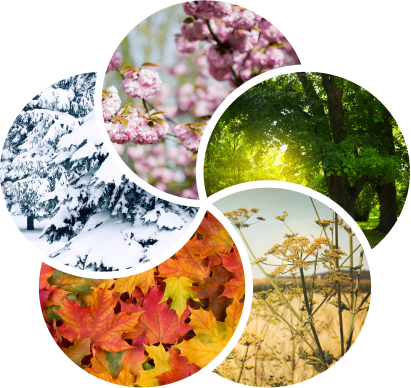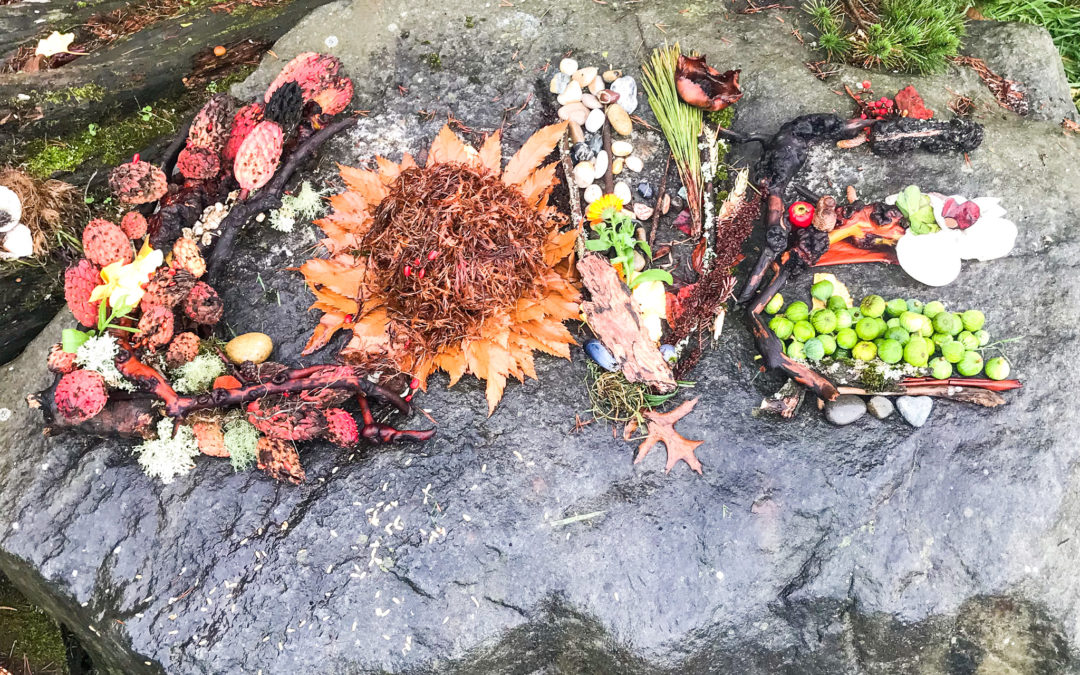
Last year a patient asked me what I thought the most difficult part of 2020 had been. I immediately knew what I’d say but I was hesitant to share.
I don’t think the hardest part of 2020, and now 2021, has been the pandemic. Nor was it the extremely necessary social upheaval we’ve experienced with the Black Lives Matter movement. It also wasn’t the feeling of unrest that blanketed the nation last September and October around the election or the vaccine mandates being rolled out.
These events have precipitated, highlighted, and magnified my deepest concern.
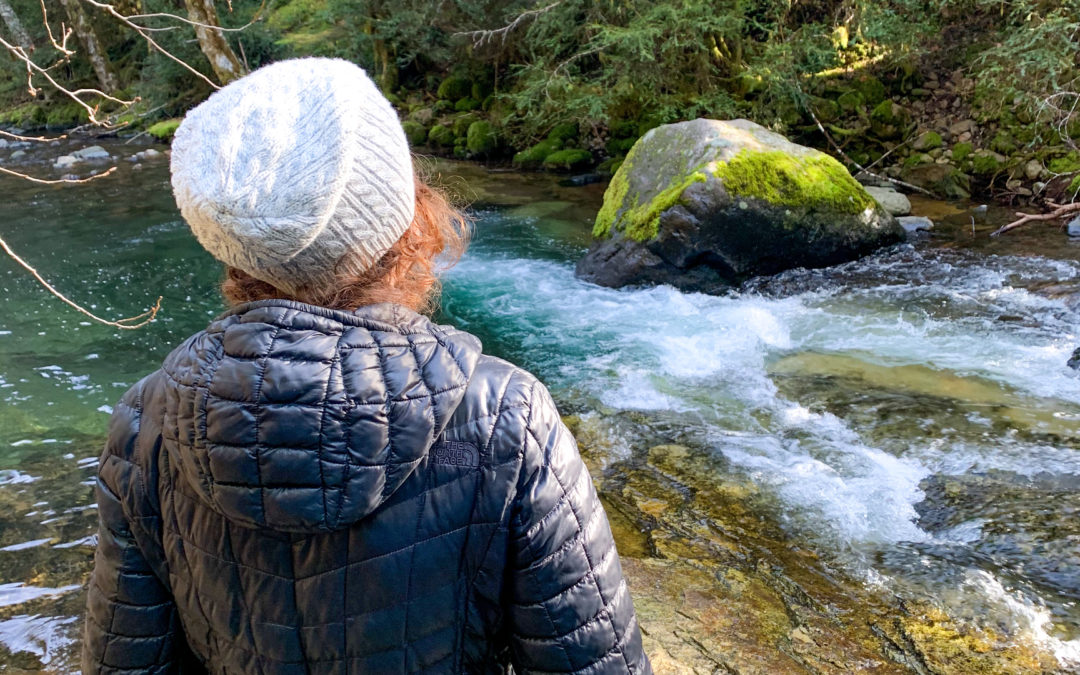
I spent most of my teens and 20s trying to close off my heart.
I wanted to become impervious to the pain of the world and to my own.
Hard, impenetrable, and strong. Not soft, weak, and tender like I’d felt my whole life.
I fantasized about what a welcome relief it would be to feel less.
I was “too sensitive” for most people and was encouraged to push my feelings away, pull myself up by my bootstraps and soldier through, like anyone else with common sense. I’m sure I’m not alone in this life experience.
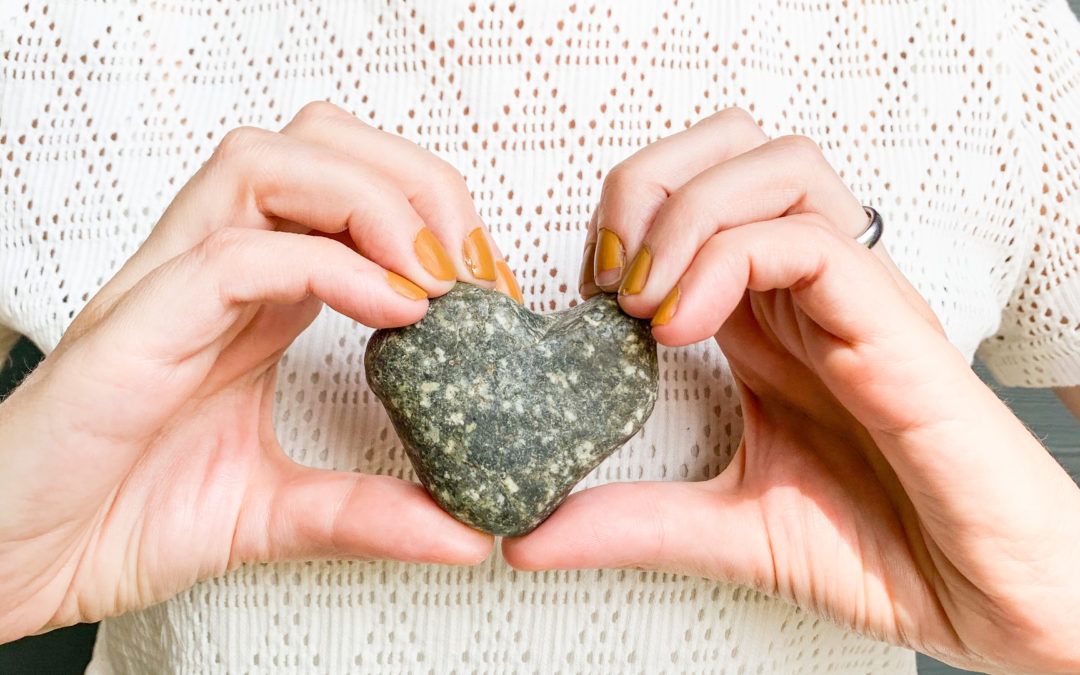
In early March before COVID-19 hit the Pacific Northwest hard, my husband and I took a trip to Breitenbush Hot Springs in rural Oregon for some much needed rest and recovery.
The springs were as gloriously relaxing and rejuvenating as you’d imagine.
The land was pristine and so, so quiet.
But I was stressed out about the trip for a full month before we left.
The last time I had visited Breitenbush was 12 years ago at one of the lowest points of my life.
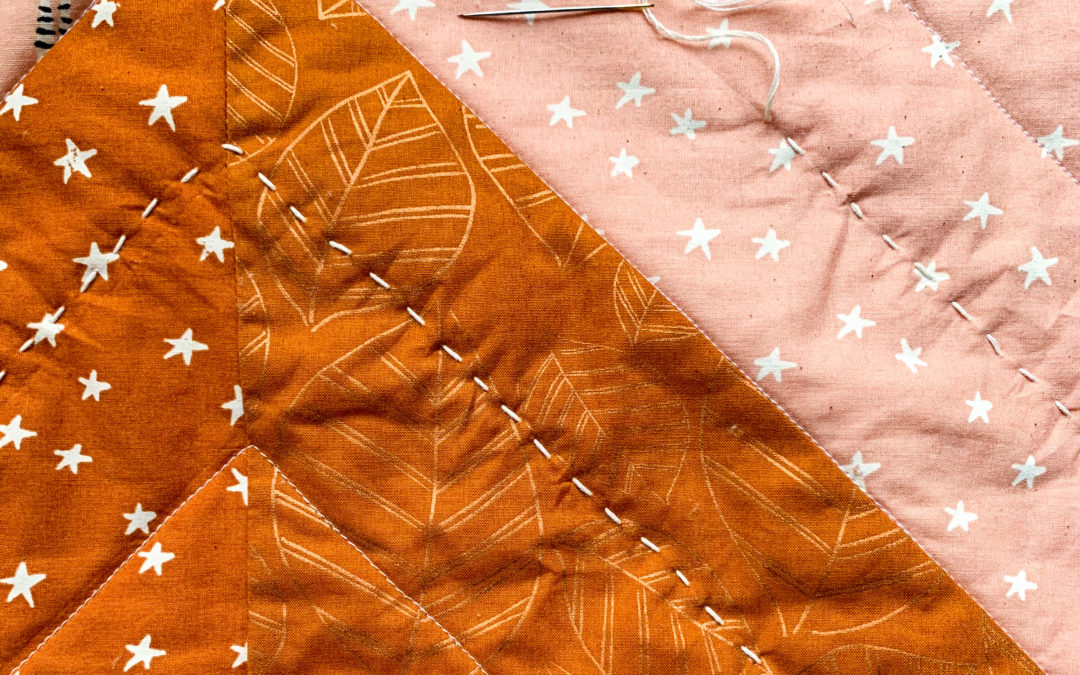
With all of the deep unrest we’re experiencing around the role of police in our society, and the need for justice, safety, and equity for Black people PLUS a light dollop of COVID concern, I find my nervous system overstimulated and fatigued simultaneously.
Many with chronic health conditions are used to the peaks and valleys of the healing process and the deep personal work it takes to find and address the root cause.
We are now being asked to do this kind of work on a societal and global level.
It’s incredibly necessary that we stay engaged and do the work to bring about change, but it’s also exhausting.
Here are a few tips to help you cope as we move through this year that the history books will remember.
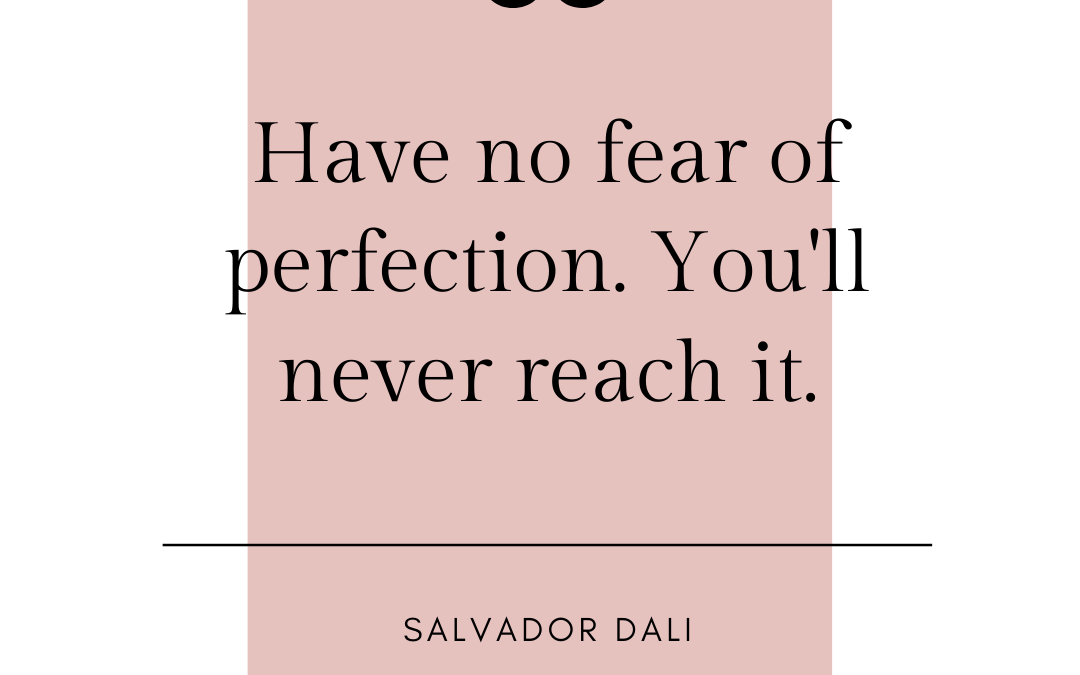
I recently came across a quote from Salvador Dali that warms my little recovering perfectionist heart.
He’s right, there’s absolutely no reason to fear perfection or hold it as a standard to reach.
Why?
Because it’s wholly impossible.
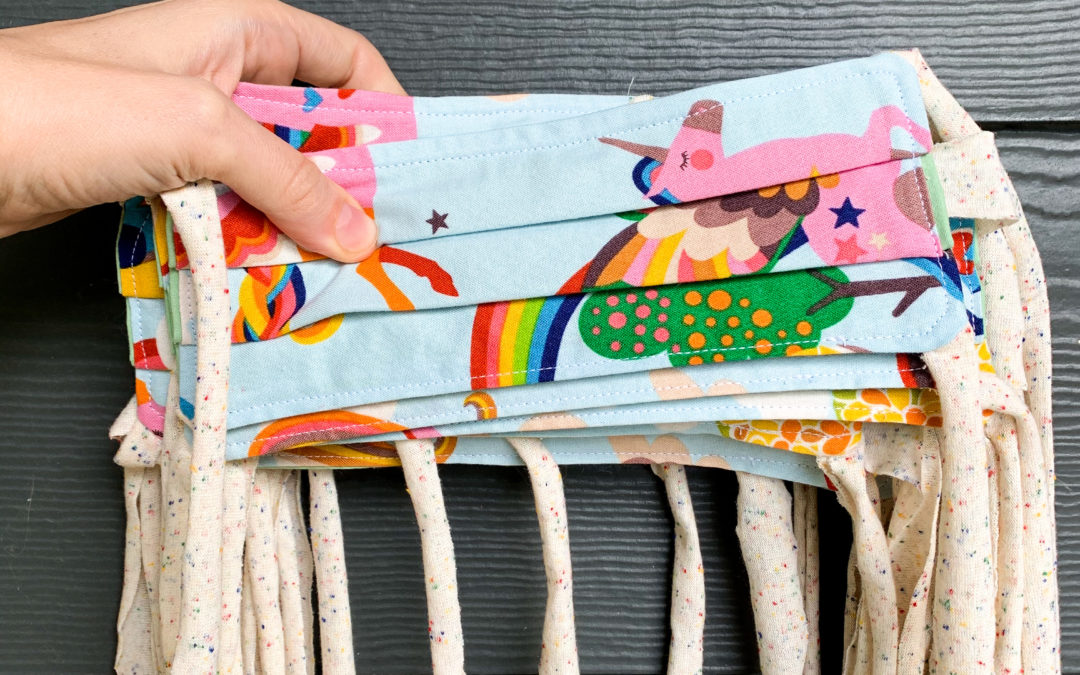
A few weeks ago I wrote a little blurb for an article about how to best handle these quarantine times, or as I like to say now, quarantimes.
While other practitioners talk about diet and exercise, I chose to focus on mental health because that’s by far the most prominent issue I’ve been witnessing in my practice.
People are scared and anxious, but the most common emotion I've observed is guilt.
Many of my patients feel terrible for being annoyed by the restrictions placed on their lives while others are facing a potentially life threatening illness, the death or sickness of loved ones, job loss, business collapse, and much more.
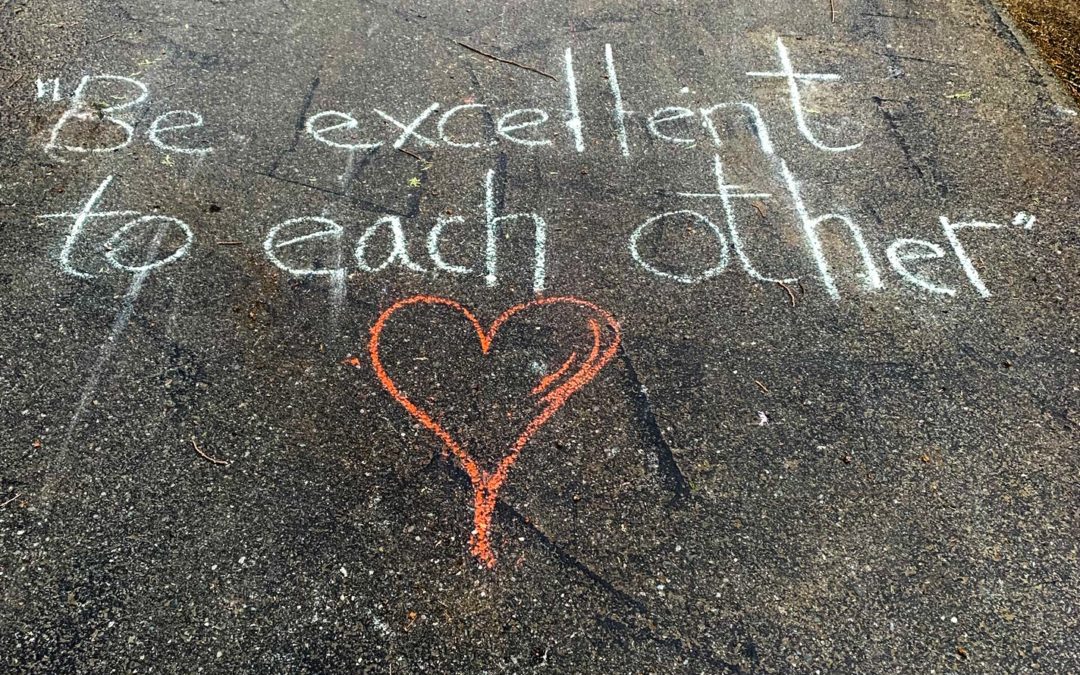
I saw this as I was walking around my neighborhood on Saturday and it reinforced my belief that I have some pretty cool neighbors.
In times like these we’ve got to look to the classics for guidance.
The uncertainty we’re living in is uncomfortable, but I’m also grateful for how connected we can all still remain through the magic of the interwebs.
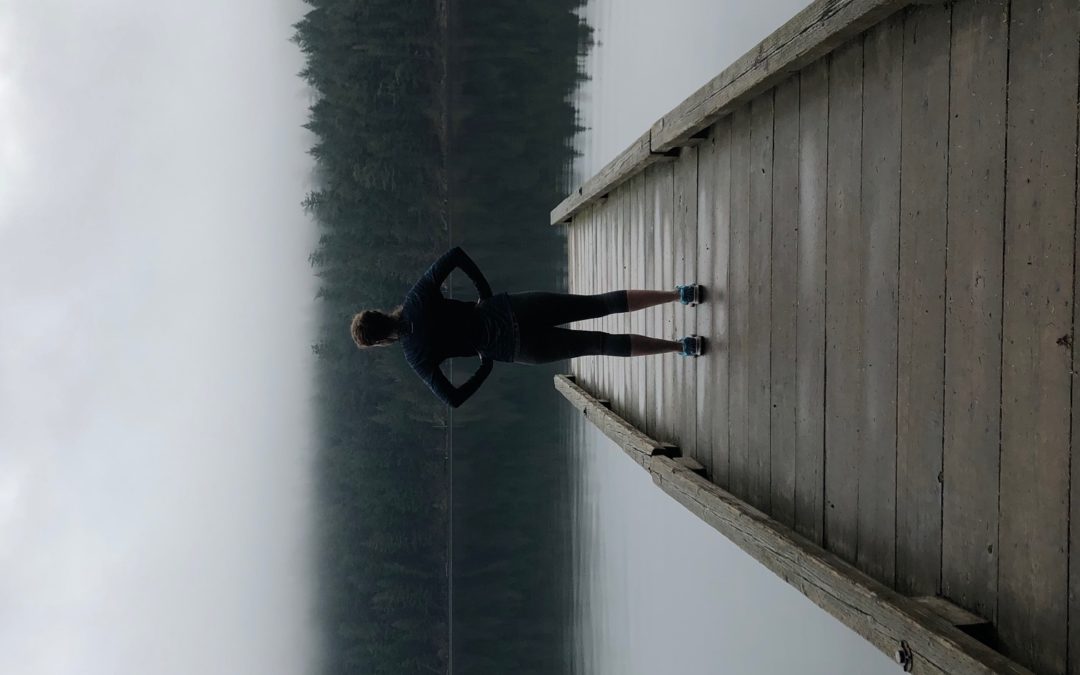
Did you jump on the “new year, new you” bandwagon?
This catchy phrase is now trotted out every January as inspiration to help us make and stick to resolutions.
And I’m pretty tired of it for a number of reasons.
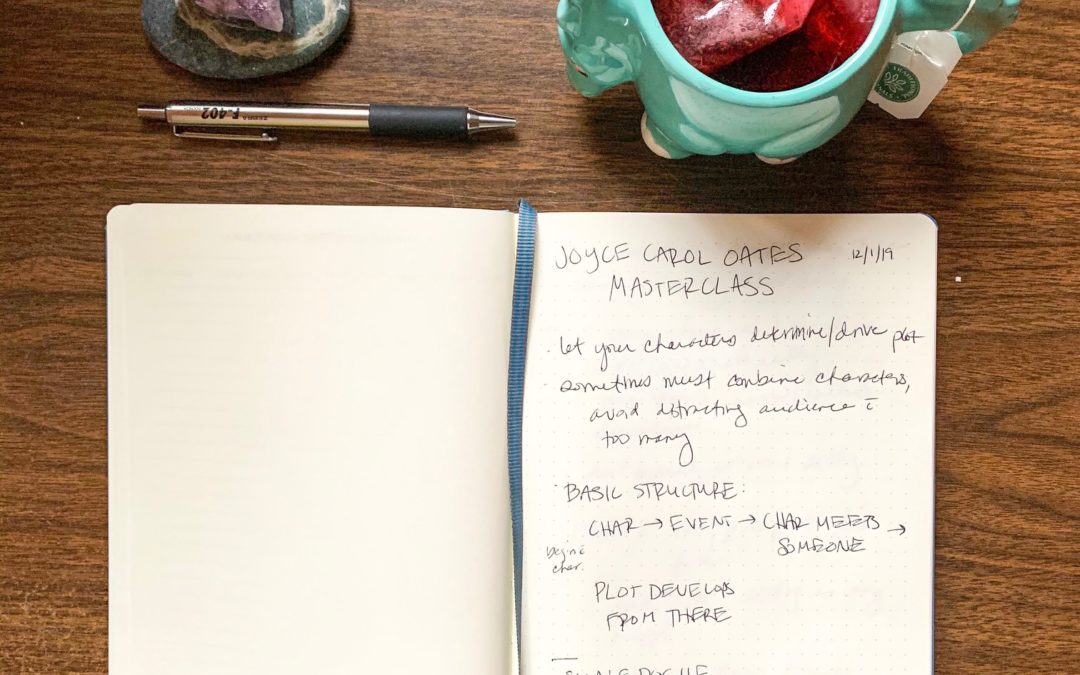
This week I did something that scared the crap out of me.
I signed up for Joyce Carol Oates’ masterclass on writing short stories.
I’d been resisting it for months, despite it being an easy stepping stone to one of my dreams: writing novels.
Because it feels safer to play small.
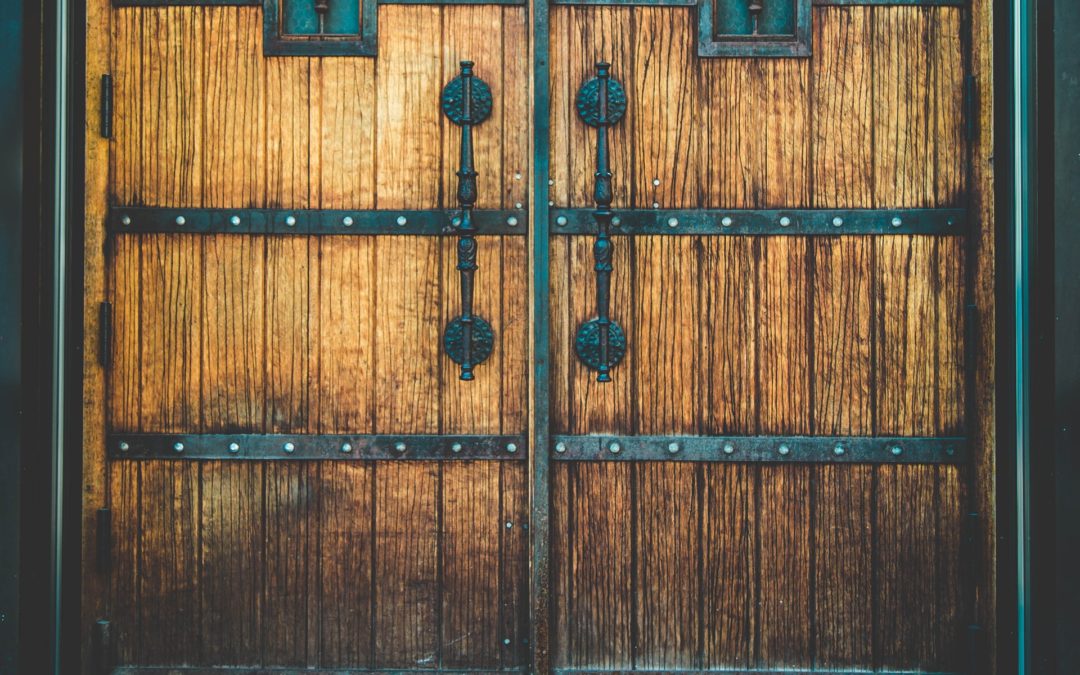
To be honest, I’ve never used an *actual* decoder ring.
I think they used to come in cereal boxes as toys?
BUT…
I have used a metaphorical decoder ring many times in the emotional realm.
Ok, I realize that sounds WAY less fun than the cereal box ring.
However, the personal payoffs you receive from decoding your emotions is pretty massive.

A couple weeks ago, the World Health Organization recognized “burn out” as a legitimate health issue.
There’s now even a diagnosis code your doctor can use to bill insurance.
Thank goodness this is finally being recognized as a legitimate health concern.
It may seem inconvenient and uncomfortable, but there's actually a giant silver lining to feeling burned out.

For just over 2 years now I’ve been building a skill that I never in my wildest dreams thought I’d participate in: rock climbing.
Reflecting on my experiences, I realize there’s been one particular insight that’s taken the full 2 years to come to fruition.
It’s the most important life lesson I’ve learned while stumbling ungracefully through this new skill set that terrifies me most days.
And that’s how to have a conversation with my fear.
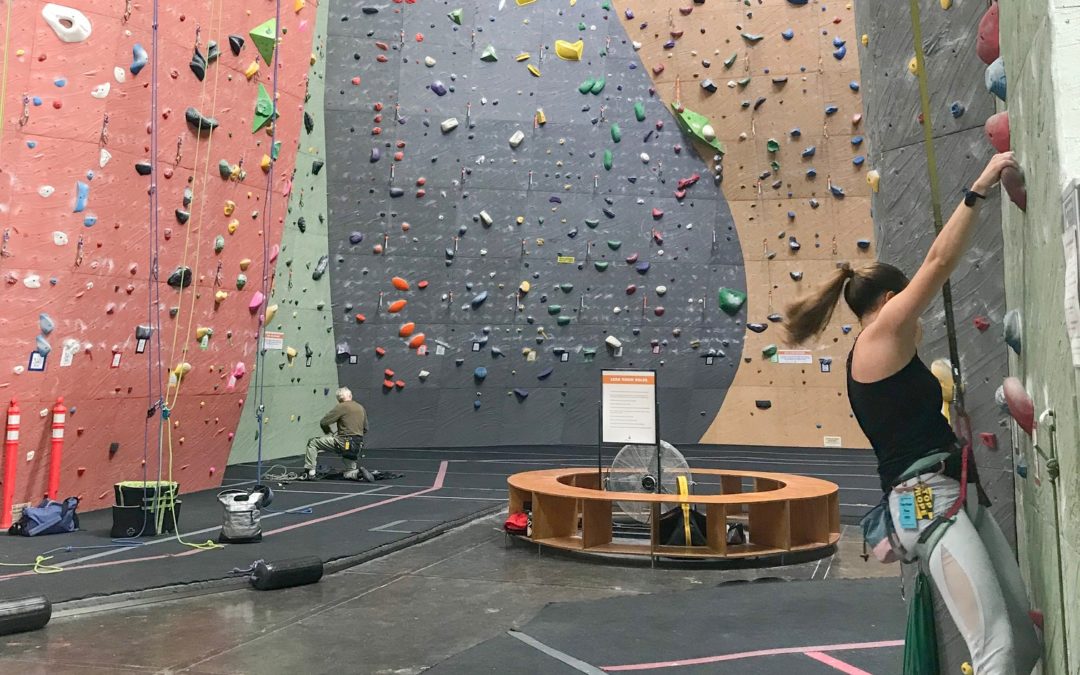
Last weekend Chris and I went rock climbing at our local gym.
Before getting to the gym, we reviewed some techniques I needed to know to pass a test so Chris could progress in his climbing adventures.
I had experience with this skill set.
I knew what I was doing.
But I still failed the test (not to worry, no rock climbing husbands were harmed).
>> Why? <<
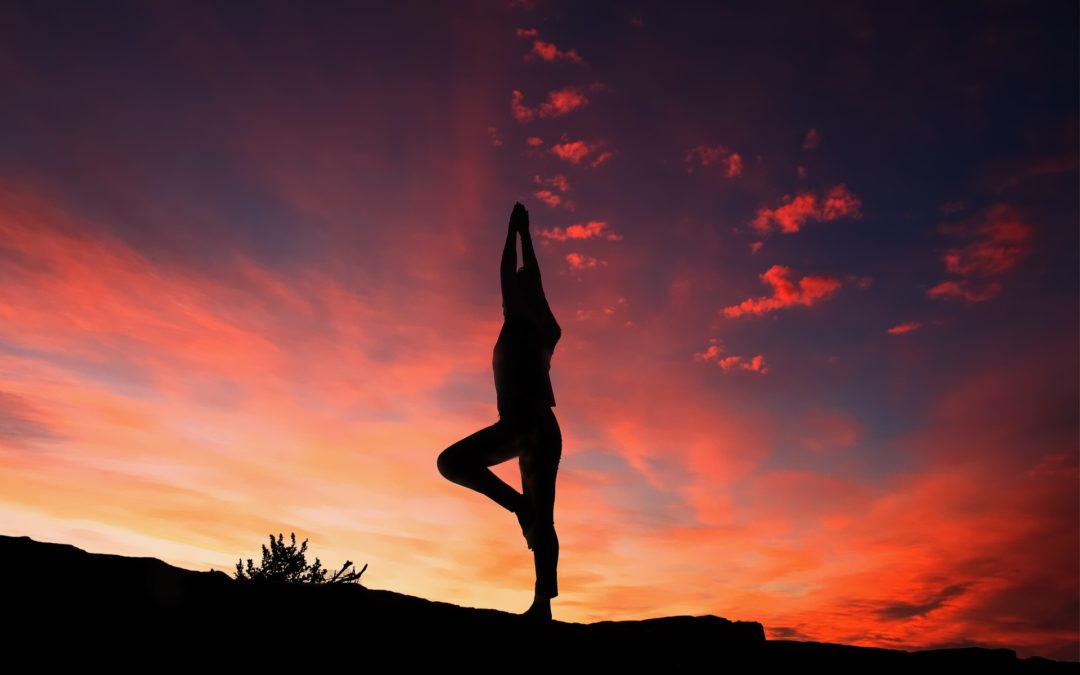
Your mental and emotional state affect your physical health in a big way.
The reverse, or how your physical health affects your emotions, is clearer to see.
If we have an injury and it takes awhile to recover, and we can get frustrated. Or if we have a nagging, chronic, health complaint, we can get depressed.
BUT, the other side of the coin is much, much more powerful for your overall success in remaining healthy, happy, and balanced throughout your life.
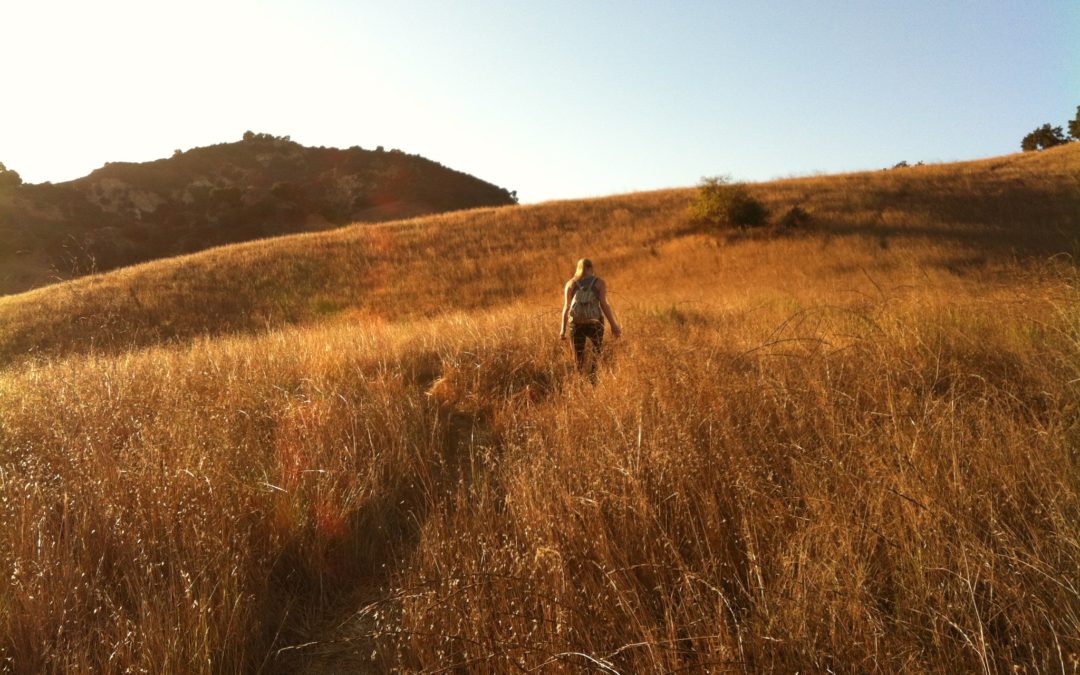
Healing should be easy.
Once we figure out the right trajectory, it’s a straight shot to feeling better.
Does this sound like your own internal monologue when you’re dealing with health issues, name?
How about these:
My body is broken and I don’t have the tools to repair it. It fights against me and I don’t know why.
If I ignore whatever is making me uncomfortable, it will go away.
I don’t have time to be sick.
If any of these sound familiar, you’re not alone.
Most people talk to themselves like this (including me!), believing that they are inadequate and incapable of healing.
This couldn’t be further from the truth.
We all have the capacity, it’s just whether or not we choose to accept the journey in front of us.


















